Google Cloud just waived data transfer fees for customers, and took a big swipe at Microsoft in the process
Google Cloud data transfer changes mean customers can swerve big fees and easily switch providers, but there’s a catch for those seeking a multi-cloud approach


Changes to Google Cloud data transfer practices have been unveiled that will see customers able to migrate data to another provider free of charge, and the move is “squarely targeted at Microsoft”, analysts have told ITPro.
Cloud customers have typically been required to pay when migrating data to different providers. It’s a policy that has been criticized by some industry experts due to the fact that it can be highly restrictive and costly, with prices based on the volume of data being transferred.
In an announcement this week, Amit Zavery, GM/VP and head of platform for Google Cloud, revealed free migration services will apply to all customers globally, enabling them to switch providers without cumbersome fees.
“Starting today, Google Cloud customers who wish to stop using Google Cloud and migrate their data to another cloud provider and/or on premises, can take advantage of free network data transfer to migrate their data out of Google Cloud,” he said. “This applies to all customers globally.”
The cloud giant said the new policy will improve convenience for customers and offer them a greater degree of flexibility when opting to choose an alternative provider.
“Eliminating data transfer fees for switching cloud providers will make it easier for customers to change their cloud provider; however, it does not solve the fundamental issue that prevents many customers from working with their preferred cloud provider in the first place: restrictive and unfair licensing practices."
Google Cloud move “squarely targeted at Microsoft”
Google’s mention of “unfair licensing practices” represents a clear swipe at competitors in the cloud computing space, particularly Microsoft, according to Sid Nag, VP for cloud services & technologies at Gartner Research.
Get the ITPro daily newsletter
Sign up today and you will receive a free copy of our Future Focus 2025 report - the leading guidance on AI, cybersecurity and other IT challenges as per 700+ senior executives
In December 2023, Google Cloud and Amazon Web Services (AWS) both criticized Microsoft’s licensing practices and the negative impact they have on UK cloud customers.

In a letter to the UK’s Competition and Markets Authority (CMA), Google initially claimed that Microsoft’s licensing regime means customers are discouraged from using competitor services, even as a secondary provider alongside its own offerings.
AWS rubbed further salt in the wound with a follow-up statement to the CMA just days later, stating that the tech giant’s policies make it “financially unviable” for customers to choose a provider other than Microsoft.
Nag told ITPro the broadside is “squarely targeted at Microsoft” and the intention could be to curry favor with regulators amidst ongoing scrutiny over customer choice in both the UK and European Union (EU).
RELATED RESOURCE
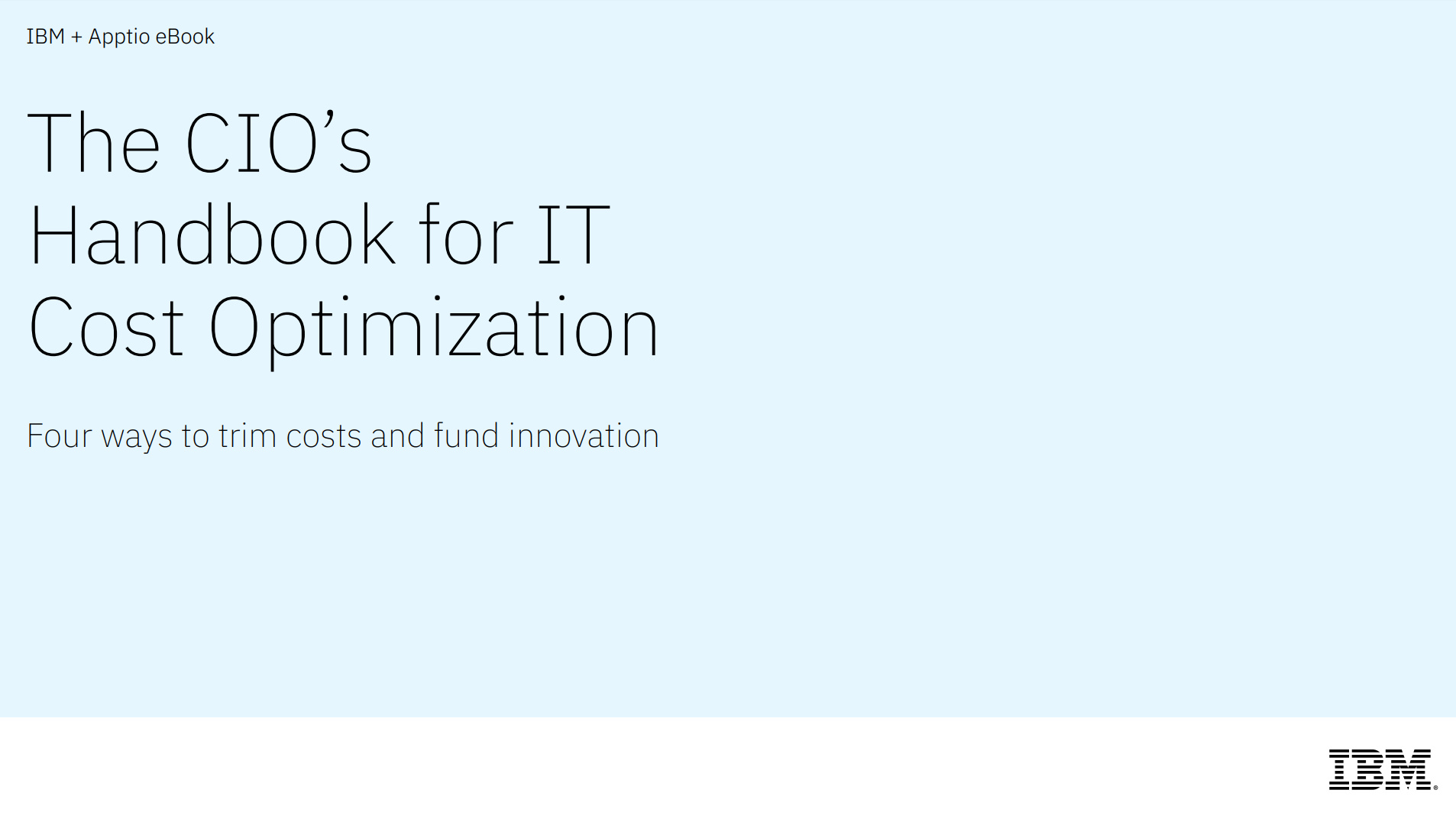
Discover insights that will help you trim costs and fund innovation
“From my perspective, the biggest issue according to them [Google Cloud] is related to licensing fees by Microsoft to run their software, or other plans,” he said. “I think that’s the real reason Google is doing this.”
“They want to raise this as an issue. I think they're essentially trying to point out Microsoft's anti licensing practices and things of that nature,” Nag added “Regulators [in Europe] believe that there needs to be freedom of choice, so at a high level, that's really what's going on here.”
The criticism from both firms coincided with an investigation by the CMA into the state of competition in the country’s cloud computing market.

Data transfer fees, also known as ‘egress fees’, have been a key talking point for regulators in the UK over the last year, with a preliminary investigation from Ofcom pinpointing the practice as having a damaging effect on customer flexibility.
The costly process of transferring data from one provider to another has a negative impact on customers’ ability to switch providers, regulators believe, or pursue a multi-cloud approach whereby they use several separate providers.
Multi-cloud firms won’t reap the rewards of this change
While Google Cloud appears to be framing its policy change as a holistic move to improve customer flexibility and choice, there is a distinct caveat at play here, according to Nag.
Customers won’t be charged for leaving Google Cloud entirely, but for those seeking to migrate data to other providers, charges will still apply. This, he noted, still places GCP customers pursuing a multi-cloud strategy in a precarious position in which they will still be lumbered with fees for data migration.

Research from Gartner shows that multi-cloud approaches have gathered pace in recent years amidst a heightened focus on flexibility among enterprises. The recent changes from Google, therefore, may not be quite as impactful and beneficial to those exploring multi-cloud options.
“If I’m using a multi-cloud architecture, including instances where I’m using a particular capability from a secondary or tertiary cloud provider that may need access to the data sitting in the primary provider’s estate, then what happens? It doesn’t apply,” said Nag.

Ross Kelly is ITPro's News & Analysis Editor, responsible for leading the brand's news output and in-depth reporting on the latest stories from across the business technology landscape. Ross was previously a Staff Writer, during which time he developed a keen interest in cyber security, business leadership, and emerging technologies.
He graduated from Edinburgh Napier University in 2016 with a BA (Hons) in Journalism, and joined ITPro in 2022 after four years working in technology conference research.
For news pitches, you can contact Ross at ross.kelly@futurenet.com, or on Twitter and LinkedIn.
-
 Cleo attack victim list grows as Hertz confirms customer data stolen
Cleo attack victim list grows as Hertz confirms customer data stolenNews Hertz has confirmed it suffered a data breach as a result of the Cleo zero-day vulnerability in late 2024, with the car rental giant warning that customer data was stolen.
By Ross Kelly
-
 Lateral moves in tech: Why leaders should support employee mobility
Lateral moves in tech: Why leaders should support employee mobilityIn-depth Encouraging staff to switch roles can have long-term benefits for skills in the tech sector
By Keri Allan
-
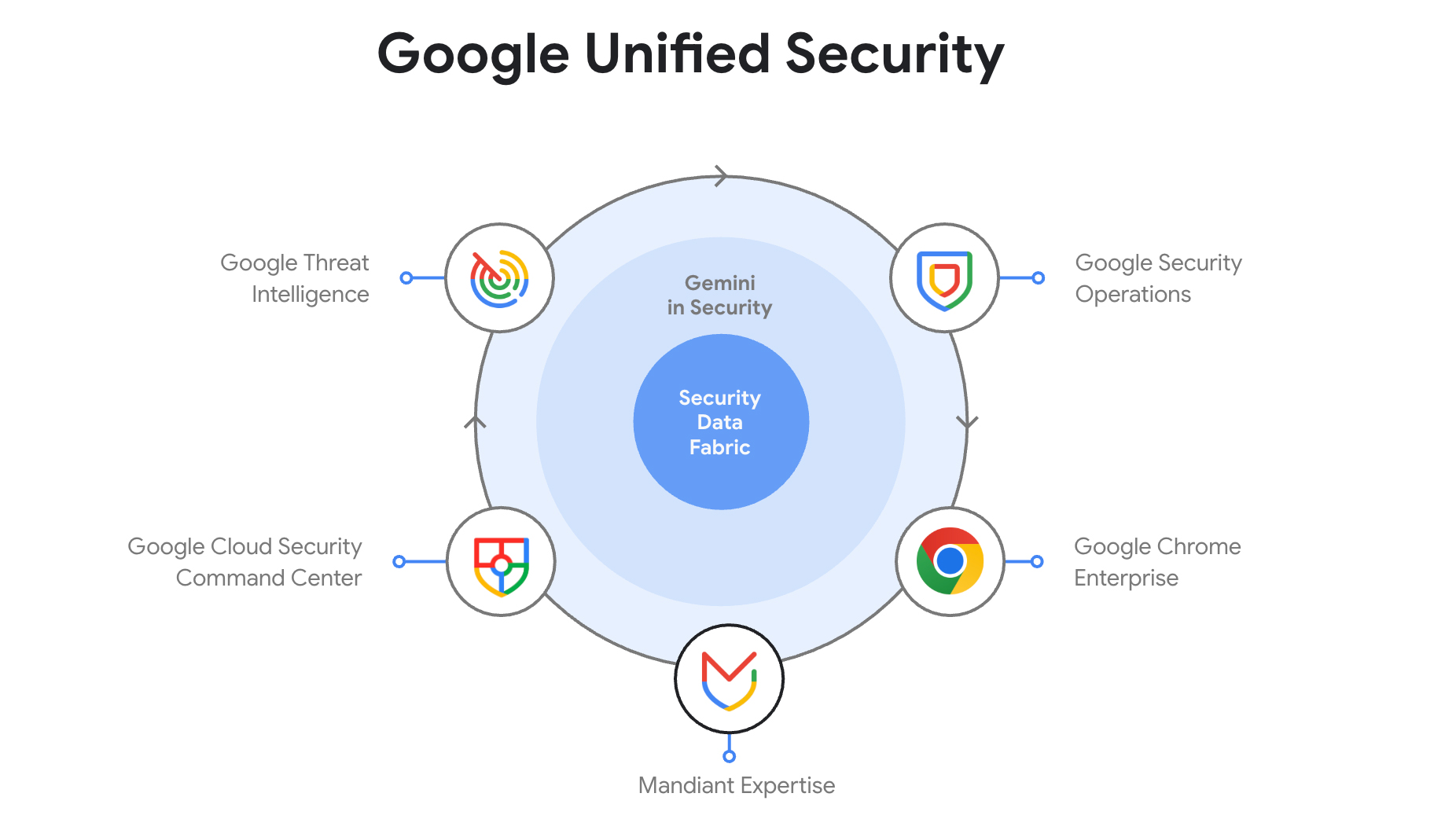 Google Cloud wants to tackle cyber complexity – here's how it plans to do it
Google Cloud wants to tackle cyber complexity – here's how it plans to do itNews Google Unified Security will combine all the security services under Google’s umbrella in one combined cloud platform
By Rory Bathgate
-
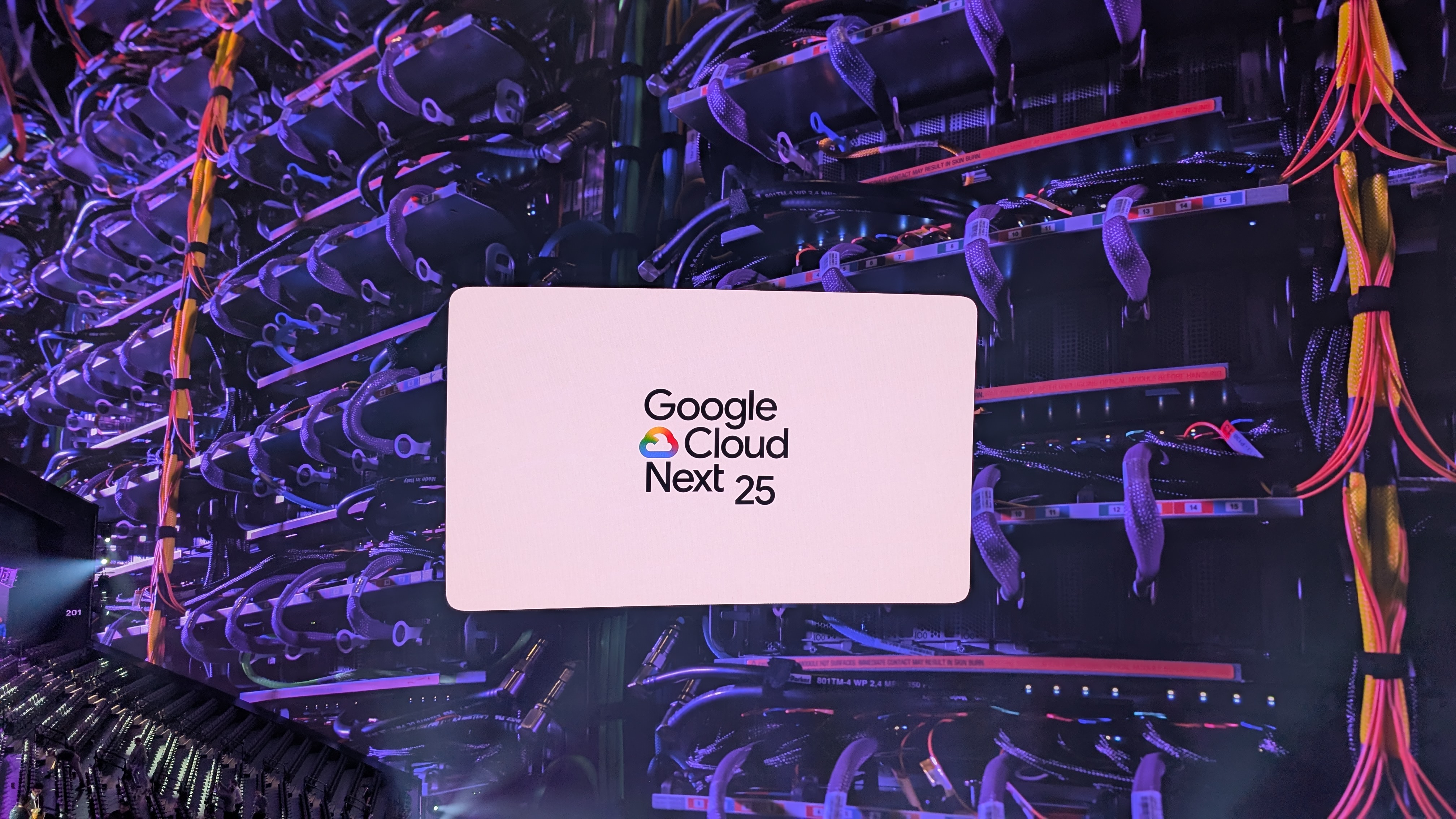 Google Cloud Next 2025: All the live updates as they happened
Google Cloud Next 2025: All the live updates as they happenedLive Blog Google Cloud Next 2025 is officially over – here's everything that was announced and shown off in Las Vegas
By Rory Bathgate
-
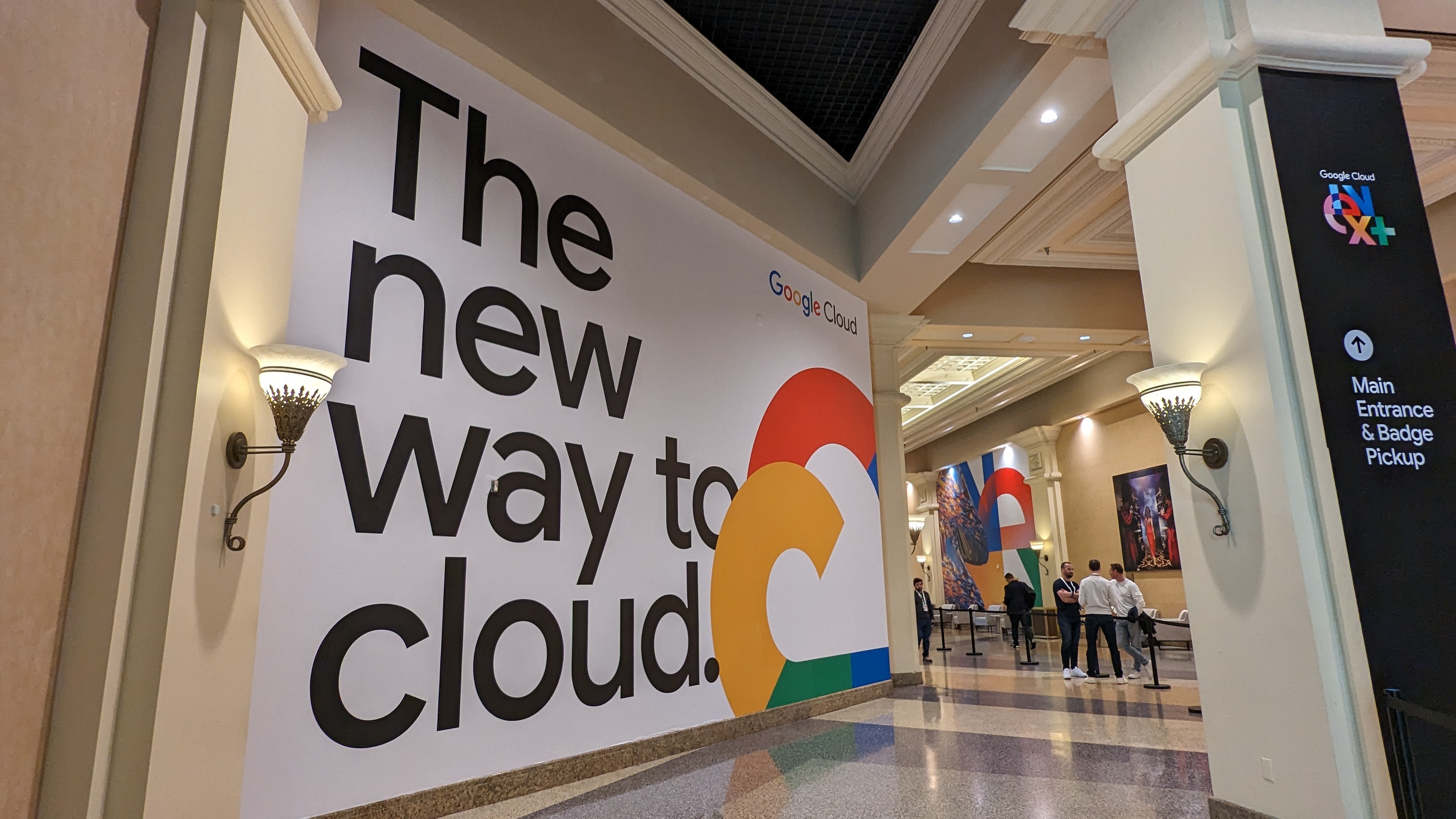 Google Cloud Next 2025 is the hyperscaler’s chance to sell itself as the all-in-one AI platform for enterprises
Google Cloud Next 2025 is the hyperscaler’s chance to sell itself as the all-in-one AI platform for enterprisesAnalysis With a focus on the benefits of a unified approach to AI in the cloud, the ‘AI first’ cloud giant can build on last year’s successes
By Rory Bathgate
-
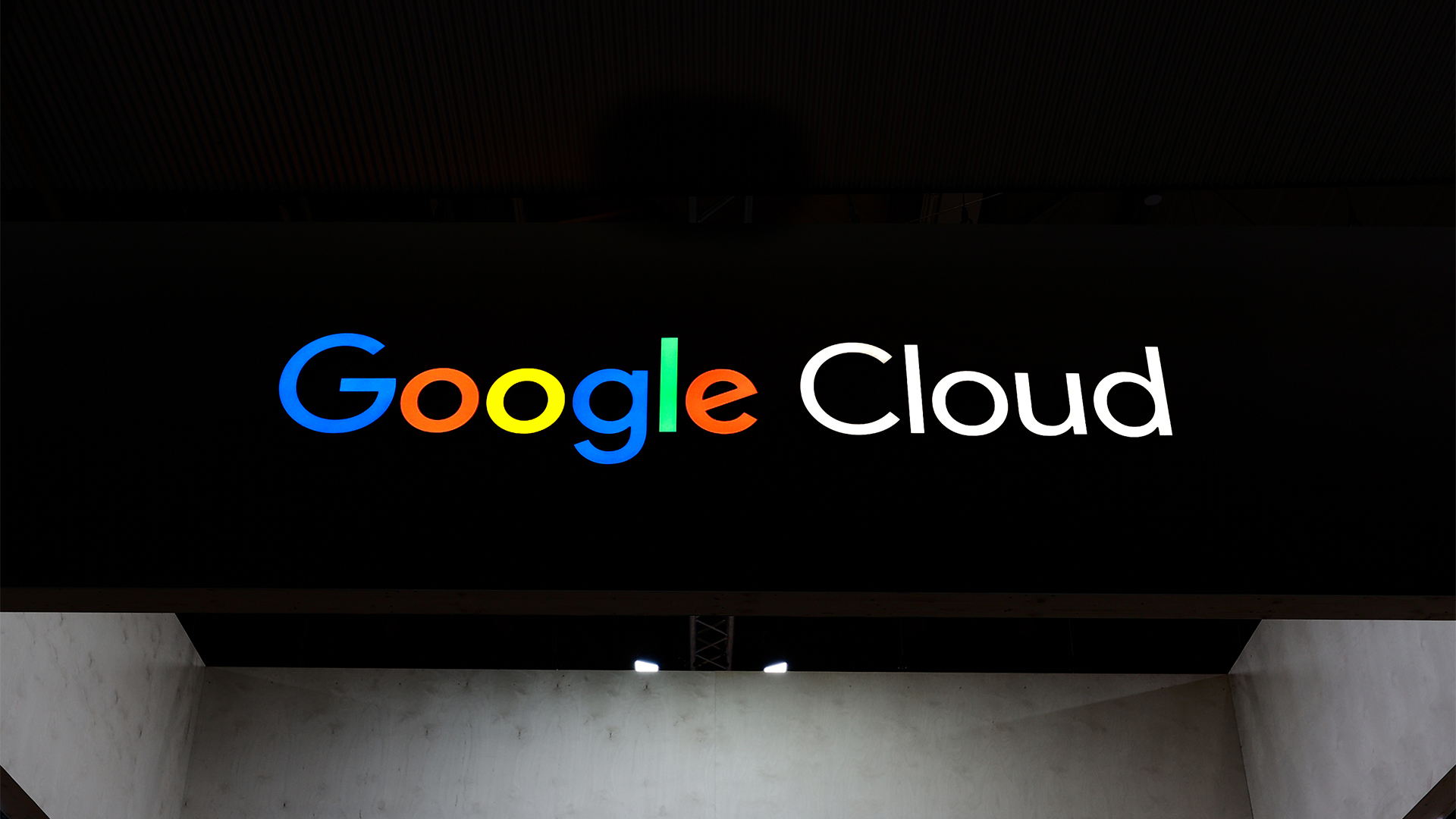 The Wiz acquisition stakes Google's claim as the go-to hyperscaler for cloud security – now it’s up to AWS and industry vendors to react
The Wiz acquisition stakes Google's claim as the go-to hyperscaler for cloud security – now it’s up to AWS and industry vendors to reactAnalysis The Wiz acquisition could have monumental implications for the cloud security sector, with Google raising the stakes for competitors and industry vendors.
By Ross Kelly
-
 Google confirms Wiz acquisition in record-breaking $32 billion deal
Google confirms Wiz acquisition in record-breaking $32 billion dealNews Google has confirmed plans to acquire cloud security firm Wiz in a deal worth $32 billion.
By Nicole Kobie
-
 Microsoft’s EU data boundary project crosses the finish line
Microsoft’s EU data boundary project crosses the finish lineNews Microsoft has finalized its EU data boundary project aimed at allowing customers to store and process data in the region.
By Nicole Kobie
-
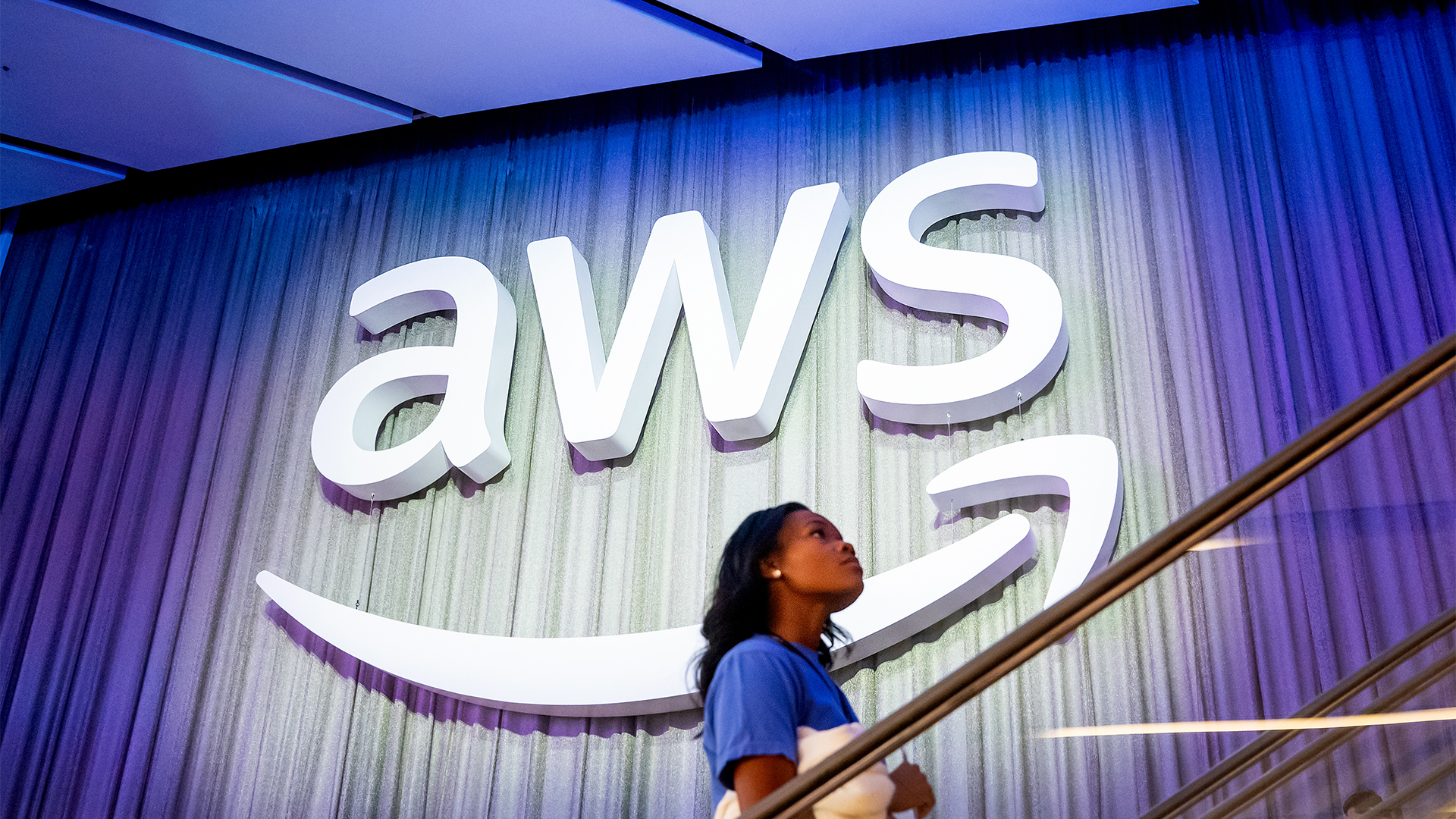 AWS expands Ohio investment by $10 billion in major AI, cloud push
AWS expands Ohio investment by $10 billion in major AI, cloud pushNews The hyperscaler is ramping up investment in the midwestern state
By Nicole Kobie
-
 Microsoft hit with £1 billion lawsuit over claims it’s “punishing UK businesses” for using competitor cloud services
Microsoft hit with £1 billion lawsuit over claims it’s “punishing UK businesses” for using competitor cloud servicesNews Customers using rival cloud services are paying too much for Windows Server, the complaint alleges
By Emma Woollacott